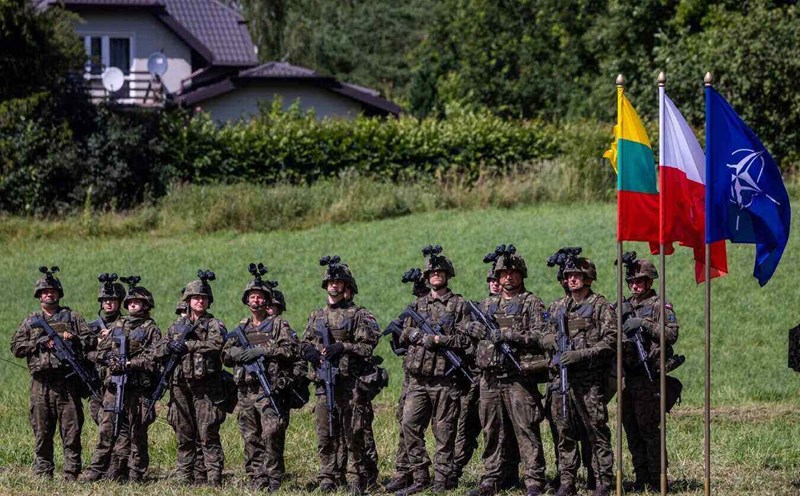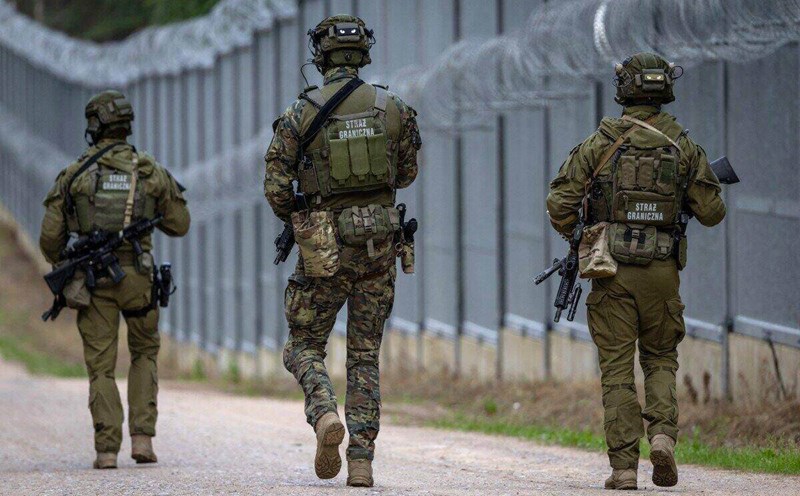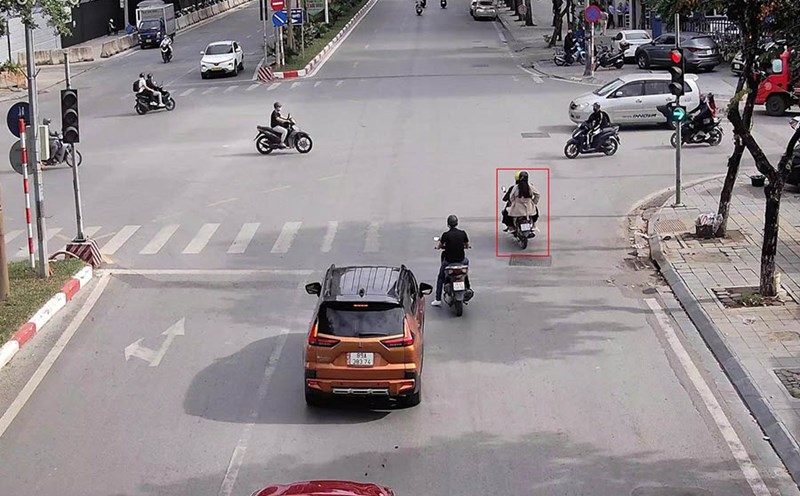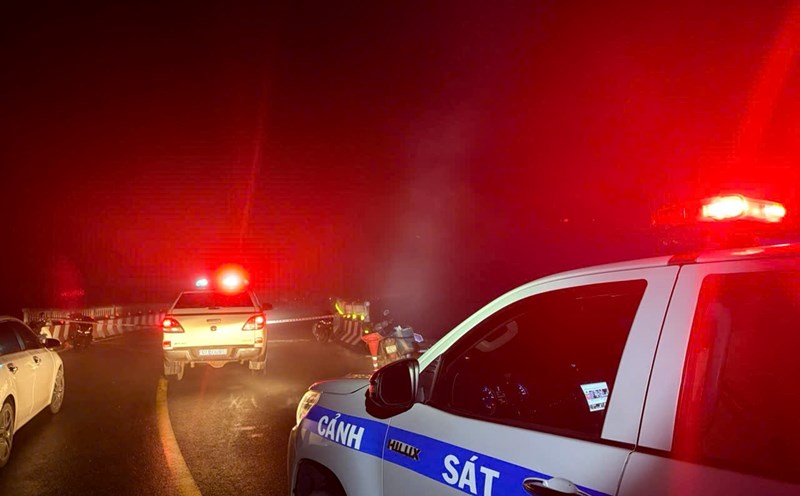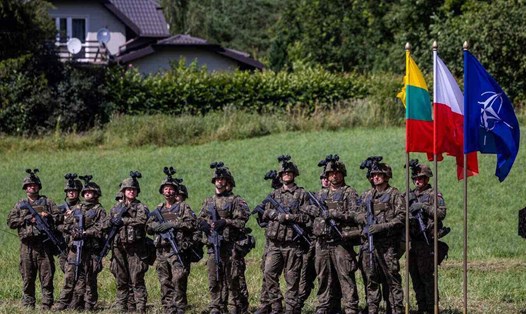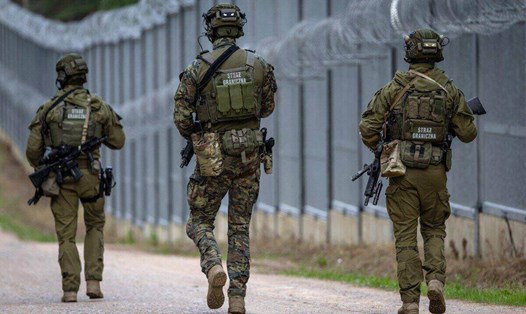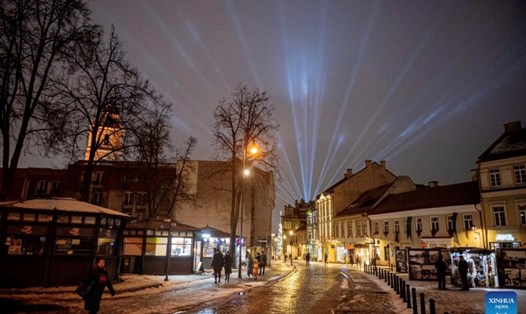The Lithuanian Foreign Ministry announced on October 27 that it would close the border with Belarus following "continuous violations" of its airspace.
According to Prime Minister Lithuania Inga Ruginiene, "dozens of heli gas hot air balloons" from Belarus have entered Lithuania's airspace in recent days.
She said it was a move to test the resilience of the EU and NATO to mixed threats and called for a "unified, resolute response" to airspace violations.
Prime Minister Ruginiene stressed that the Lithuanian armed forces will take "all necessary measures" to shoot down air balloons that are entering the airspace.
"This is another signal that we are ready. And we are ready to take the most severe actions when our airspace is violated," she said.
In response to the border closure, the Belarus Foreign Ministry sent a protest thu to Lithuania.
"This violates civil rights and the principles of freedom of movement. Belarus supports practical dialogue and cooperation" - the Belarusese Ministry of Foreign Affairs emphasized in a post on social network X.
Lithuanian authorities said that since the beginning of October, dozens of small hot air balloons have entered Lithuania's airspace, including several hot air balloons carrying smuggled cigarettes.
At the time, Darius Buta, senior consultant at the National Crime Management Center (NCMC) of Lithuania, noted that smugglers were increasing the use of hot air balloons to smuggle cigarettes into the EU.
European Commission President Ursula von der Leyen called airspace violations a threat, an obstacle and a province.
Europe "is in full solidarity with Lithuania in the face of continuous incursions into the airspace of heli air balloons used for smuggling," she said.
Lithuania's announcement of closing the border with Belarus comes at a time when European countries are in a state of high alert for air violations.
Several cases of drone and fighter jet incursions have been reported in Europe recently. NATO has launched the "Eastern sentry" campaign to strengthen its presence in Eastern Europe and counter potential threats.
In September, Poland shot down drones believed to be Russian, allegedly violating the country's airspace. A few days later, Russian drones were accused of violating Romania's airspace and Bucharest deployed fighter jets to intercept. NATO also intercepted three Russian MiG-31 fighter jets accused of violating Estonian airspace.
For its part, Russia insists that its aircraft have never violated NATO airspace.

